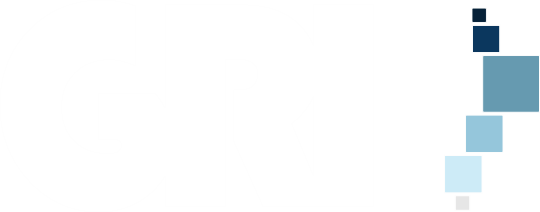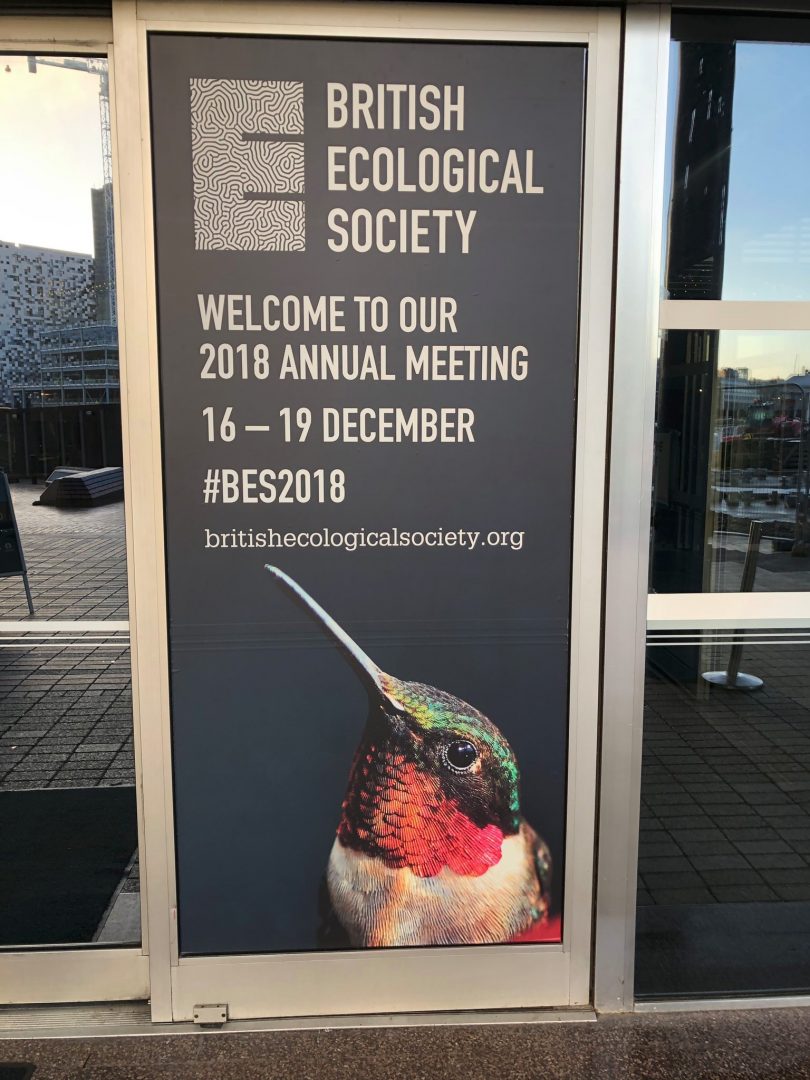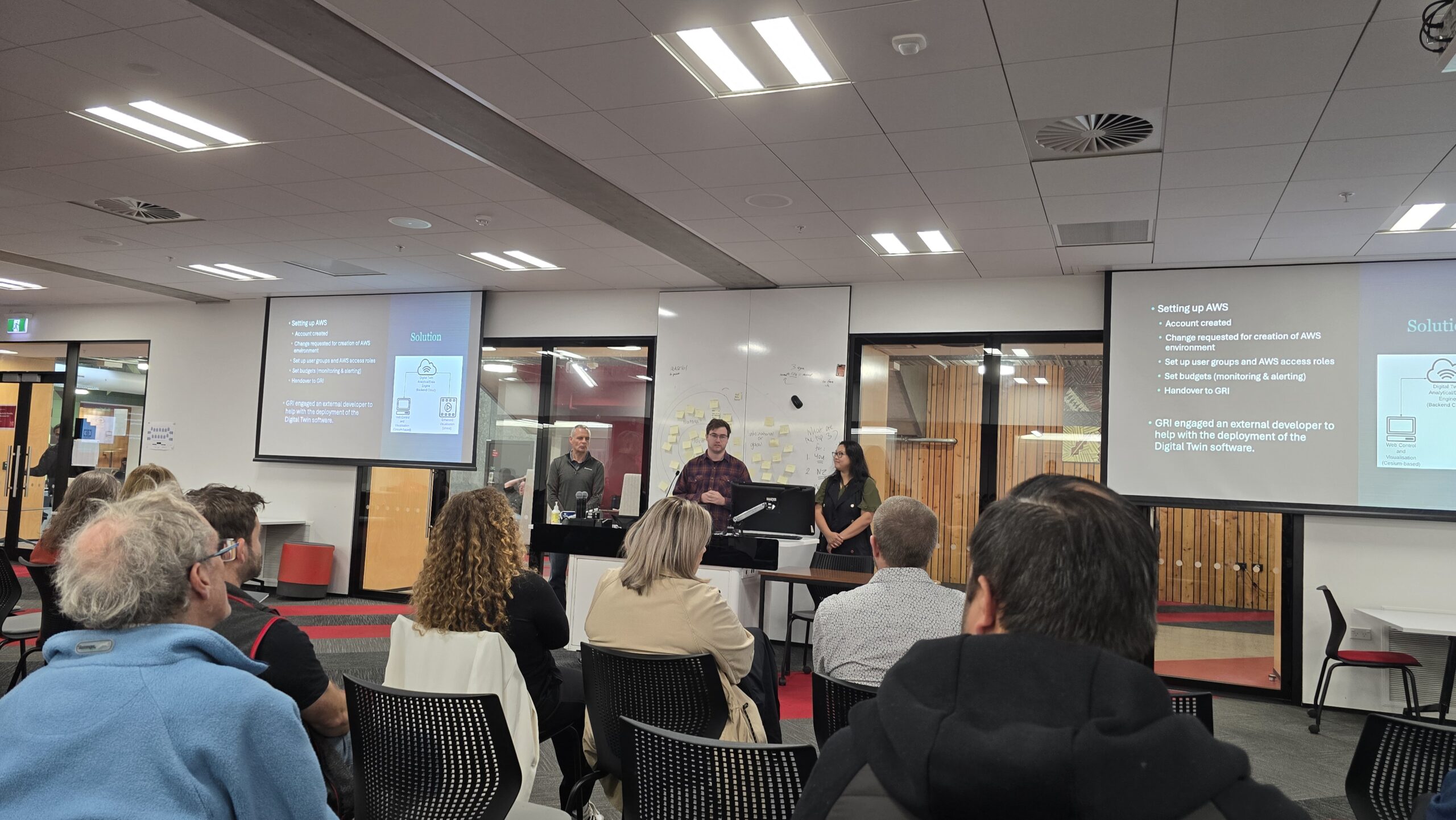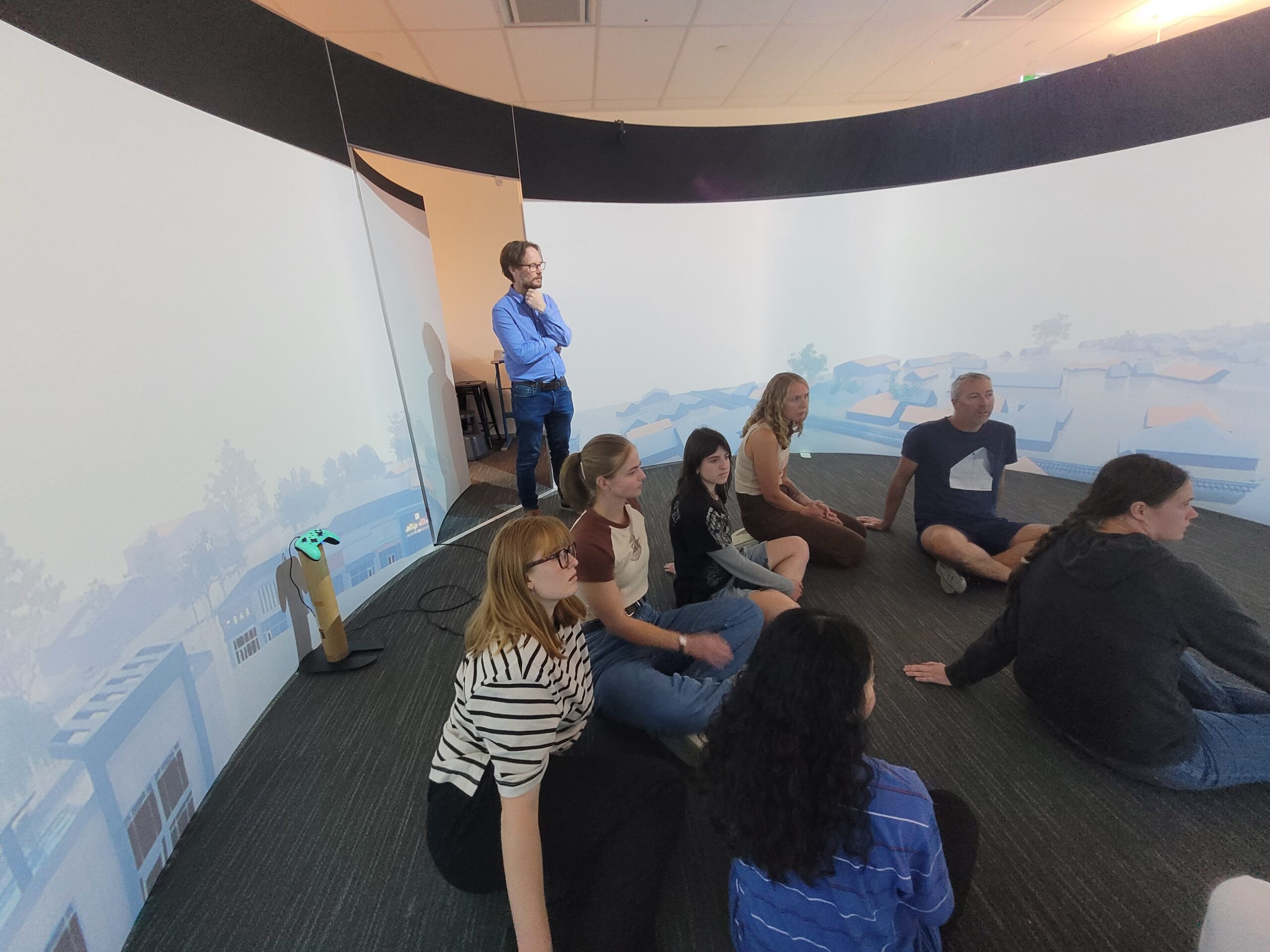GRI researcher presents at the 2018 meeting of the British Ecological Society
Dr. Audrey Lustig, a postdoctoral researcher in the GRI Toi Hangarau working on spatial modelling of species distribution, presented her paper on regional pest management to the British Ecological Society meeting, held in Birmingham from 16-19 December 2018. Audrey said of her experience:
“Over the last three days, I had the privilege of attending The British Ecological Society Annual Meeting (@BES2018) at the International Convention Centre (ICC) in Birmingham, UK. Being the second largest annual meeting of ecologists after the Ecological Society of America, this really is an exciting place to be for those partial to thinking about the natural world. With more than 500 talks and 200 poster presentations, the conference was to a certain extent international in flavor, adding to the diversity of speakers, topics, systems and organisms discussed. It was an incredibly stimulating and well-organized three days, with a lovely balance between unstructured (social) time and scientific talks and posters. Massive thanks and congratulations to the organziers, who put together an excellent event.
“I was very pleased to see that the BES has taken a national leadership role in promoting diversity, equity, access, and inclusion in science and academia. This was well reflected during the event with a number of new initiatives meeting diversity targets across gender, race, and sexual orientation; including a 1:1 gender ratio at plenary session, a women in science networking session, a LGBT+ and Trans mixer, gender neutral toilets, a meet the plenary speaker for early career researchers, etc.
“The wonderful plenary sessions by Samuel M. ‘Ohukani‘ōhi‘a Gon, III on using the Hawaiian Isles as a Model for Biocultural Conservation and by Danielle Lee on cultivating a generation of scholar in your communities were a major highlight of the academic program. I urge people to view their talks when they become available through the BES. We also all had a good laugh when Ken Thompson started listing some of the most inspirational ecology papers of the year. I will remember that ‘gardening is the perfect antidote to thinking that one year’s field data means anything at all‘.”The quality of the science and the presentations was incredibly high. Too many to write about here, but below is a brief snapshot of some of my personal favorites:
- Mark Titley spoke about the need to consider socio-political context when assessing the global patterns of climate change on birds and mammals species.
- Montserrat Vila got us think about the spillover of managed bumble bees to Mediterranean woodlands and their possible negative impact on native bumble bees.
- Faith Jones and Maria Dornelas illustrated the power of assembling a database of biodiversity time series to better understand how biodiversity is changing across spatial and temporal scales. Check out their open-source database, available here https://synergy.st-andrews.ac.uk/biotime/biotime-database/.
- John Williams drew on a large body of work to illustrate what paleoecological and ecological forecasting can tell us about ecological resilience.
- Katherine Yates and Phil Bouchet spoke about the challenges in the transferability of ecological models. Very relevant to my current research!
- Stéphane Boyer encouraged us to publish novel and bold ideas in ecology, evolution and environmental sciences in the new open access journal Rethinking Ecology
- Roger Trout got us thinking about the impact and challenge of managing the invasive Edible Dormouse in the UK which may hibernate for more than 20 months!
- Jesamine Barlett gave a really fun and informative talk on the ecological consequences of introducing a single insect to the Antarctic.
“I somehow muddled through my presentation on regional pest management in the invasive species oral session, but unfortunately felt like a bit of a zombie that day as my body still insisted that it was night time! On the positive side of things I interacted with so many great scientists. I finally had the opportunity to meet up with Guillaume Latombe and Tim Blackburn and catch up with the incredible Jane Catford and Stéphane Boyer. Lots of cool research opportunities and potential collaborations, so I’m already looking forward to the next British Ecological Society Meeting!”
Audrey Lustig, 19 December 2018
Audrey was supported to attend the conference with funding from the GRI Toi Hangarau and the University of Canterbury. Her research is funded by Te Pūnaha Matatini.



